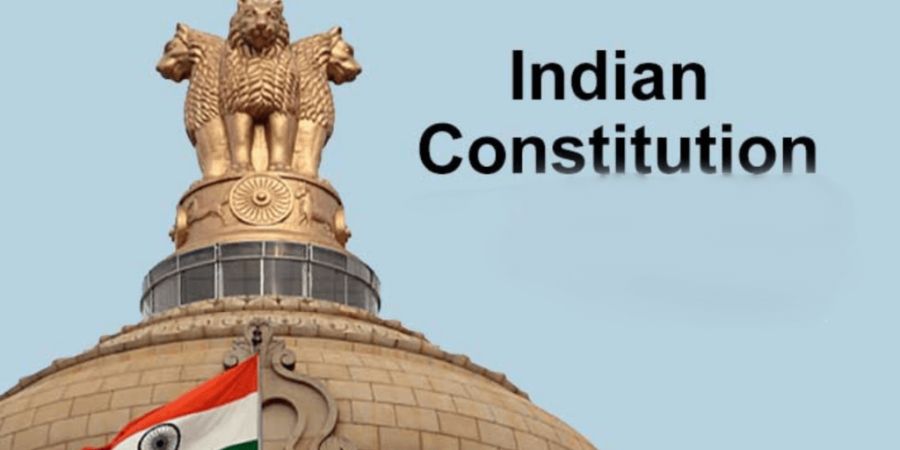

Hi friends,
In this let me share more about our Constitution. It's just a vast topic, I felt like sharing some interesting topics in It.
Colonial rule was based on charters, councils and the government of India act. Once India emerged as an independent nation, politics and administration is based on the written Constitution.
Most of the Constitution in the world is of written documents. But in some countries like the UK, there is no single written document, which is called the distinct constitution. Instead, they have customs, conventions. commonly called constitutional components.
42nd Amendment enlarged the preamble of the Constitution from Sovereign, Democratic and Republic to Sovereign, socialist, secular, Democratic, Republic.
Also changed the words from “Unity of the nation” to “Unity and integrity of the nation”. Former prime minister Indira Gandhi enacted the 42nd amendment act in1976 during a national emergency. Two hundred and eighty-four members were present on 26th November 1949 and appended their signature to the Constitution as finally passed.
The title of the first debate was on the selection of the temporary chairman.
Acharya J.B Kripalini requested Dr Sachidananda Sinha to take the chair as temporary chairman. The final meeting was held on 24th January 1950 with the title of signing the Constitution. Dr Rajendra Prasad was elected as Chairman and H.T Mukerjee and V.C Krishnamachari are the vice presidents.
Sources of the Indian Constitution are the Government of India act 1935, from other countries like Britain, the US, Russia, Irish Constitution, Canadian, Australian, Weimer constitution of Germany, French and South African Constitution.
Fundamental rights are classified into six heads. They are Right to Equality, Right to Freedom, Right to Education, Right against Exploitation, Right to freedom of religion, cultural and educational rights, Right to Constitutional remedies.
Initially, there was a provision for the right to property under Article -31 which was also a fundamental right.44th Amendment act omitted the right to property from the fundamental rights part and added it as Article 300A so it is considered as a legal right.
Indian Constitution 86th Amendment act 2002 inserted article 21 A in the Constitution of India to provide free and compulsory education to children aged six to fourteen years as a fundamental right.
Directive principles of state policy:
One of the unique provisions of the Constitution is directive principles of state policy. These principles direct the government to implement social and economic justice in India.
Thank yoU everyone for reading. Don't forget to like and follow.






